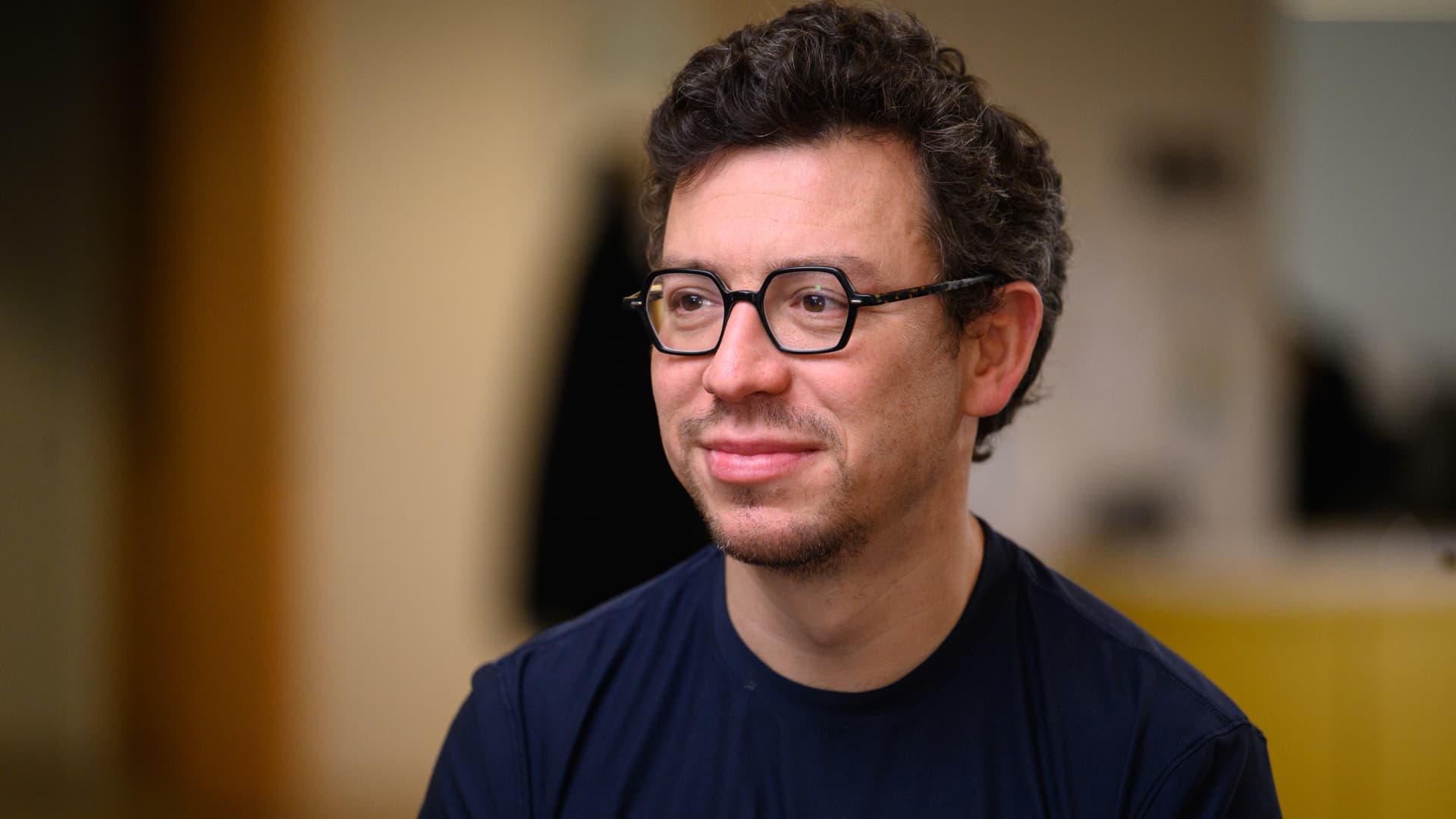
When language education company Duolingo announced that it’d be “AI first” in April, numerous observers predicted layoffs.
Five months later, Duolingo hasn’t laid off a single full-time employee, and is instead using artificial intelligence to bolster the productivity of the humans it does employ, co-founder and CEO Luis von Ahn said at the Fast Company Innovation Festival 2025 on Tuesday.
“With the same number of people, we can make four or five times as much as content in the same amount of time,” said von Ahn. “There are still humans that have to direct the computer to do the right thing, but each human is able to do way more.”
Specifically, AI’s automation capabilities help Duolingo’s engineers produce language, math, music and chess lessons more quickly, von Ahn said. Duolingo has been gradually phasing out contractors, according to its April announcement. But the company has yet to lay off a full-time employee since its founding in 2009, and has added headcount since April, said von Ahn.
DON’T MISS: The ultimate guide to starting a business—everything you need to know to be your own boss
Proponents of AI, from tech luminary Bill Gates to OpenAI CEO Sam Altman, frequently tout the technology’s promise for taking rote, menial tasks off employees’ hands — freeing them up to pursue more creative work at faster speeds. Instead, AI has prompted layoffs at multiple large tech firms this year, including Salesforce and CrowdStrike, as some executives seek to maintain their workforce’s levels of productivity while cutting costs.
But Duolingo, which has a market capitalization of $12.73 billion, as of Wednesday afternoon, is chasing more productivity, said von Ahn. “The goal is not to save money. The goal is not to replace human employees,” he said. “The goal is to do a lot more … with a slightly larger number of employees.”
Duolingo’s investment in AI appears to be paying off. The company raised its yearly projections in August, saying it now expects to bring up to $1.02 billion in 2025 revenue, up from its $996.6 million estimate earlier this year.
Duolingo’s AI-first projects include Lily, an AI agent that helps users practice conversational language skills over video calls, and chess lessons that started as a “vibe coding” AI experiment by a designer and product manager, von Ahn said.
Von Ahn’s comments echo similar ones from Cisco Systems CEO Chuck Robbins, who told CNBC on August 14 that he didn’t intend to use AI to reduce headcount either. “I don’t want to get rid of a bunch of people right now,” Robbins said, adding: “I just want our engineers that we have today to innovate faster and be more productive. That gives us a competitive advantage.”
Notably, Robbins didn’t rule out the idea that Cisco might eventually hire fewer people long-term, as a result of AI efficiencies. “It’s early,” he said.
Want to be your own boss? Sign up for Smarter by CNBC Make It’s new online course, How To Start A Business: For First-Time Founders. Find step-by-step guidance for launching your first business, from testing your idea to growing your revenue. Sign up today with coupon code EARLYBIRD for an introductory discount of 30% off the regular course price of $127 (plus tax). Offer valid September 16 through September 30, 2025.



